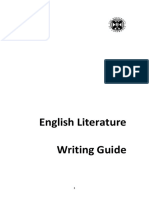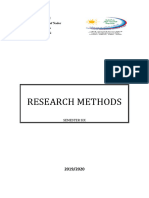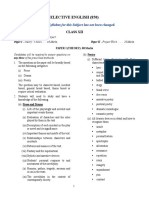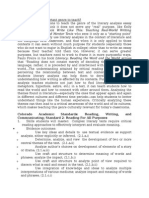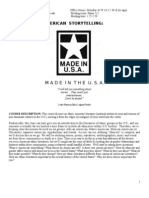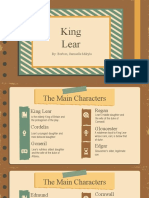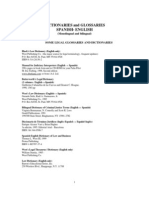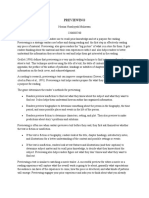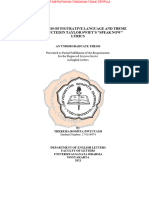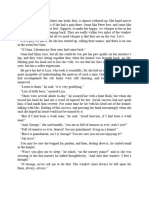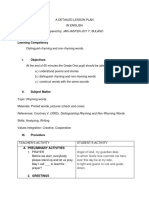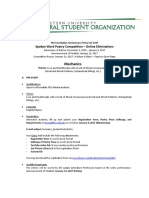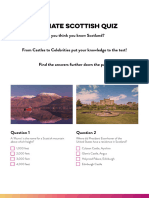0% found this document useful (0 votes)
11 views6 pagesAdvanced Higher English Dissertation Guide
The dissertation for Advanced Higher English at Inverkeithing High School requires candidates to independently plan, research, and present their analysis of chosen literary texts, totaling 2,500-3,000 words and accounting for 30% of the total mark. Candidates must select texts of high literary quality from a single genre and develop a clear, original topic that allows for in-depth comparison and analysis. The dissertation should incorporate literary criticism and theories while adhering to specific formatting and structural guidelines.
Uploaded by
Klara KarpieniaCopyright
© © All Rights Reserved
We take content rights seriously. If you suspect this is your content, claim it here.
Available Formats
Download as DOC, PDF, TXT or read online on Scribd
0% found this document useful (0 votes)
11 views6 pagesAdvanced Higher English Dissertation Guide
The dissertation for Advanced Higher English at Inverkeithing High School requires candidates to independently plan, research, and present their analysis of chosen literary texts, totaling 2,500-3,000 words and accounting for 30% of the total mark. Candidates must select texts of high literary quality from a single genre and develop a clear, original topic that allows for in-depth comparison and analysis. The dissertation should incorporate literary criticism and theories while adhering to specific formatting and structural guidelines.
Uploaded by
Klara KarpieniaCopyright
© © All Rights Reserved
We take content rights seriously. If you suspect this is your content, claim it here.
Available Formats
Download as DOC, PDF, TXT or read online on Scribd
/ 6




